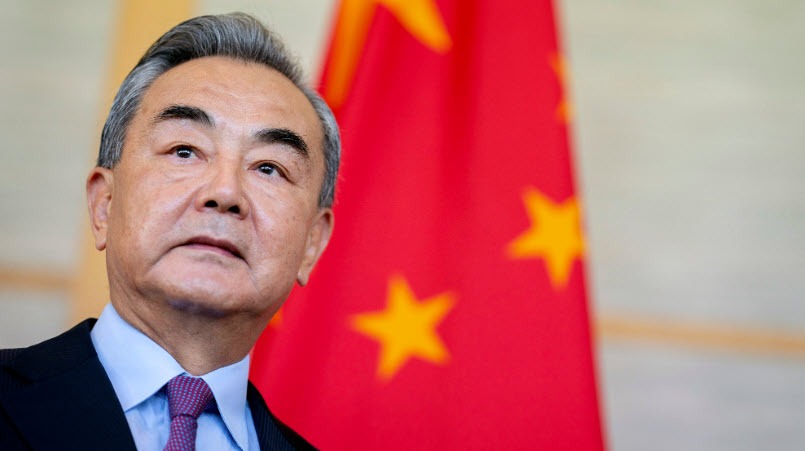Chinese Foreign Minister Wang Yi has called on BRICS nations to resist U.S. tariff pressures, warning that any appeasement would only embolden Washington’s aggressive trade tactics. Speaking at a BRICS meeting, Wang criticized the United States for using tariffs as “bargaining chips” and cautioned that silence or compromise would backfire.
More on China for min urging defiance of Trump tariff bullying

Key Takeaways:
- Wang Yi urges BRICS nations to stand firm against U.S. tariff threats.
- He warns that appeasement would embolden Washington’s aggressive trade tactics.
- Wang criticizes the U.S. for leveraging tariffs as bargaining chips.
- U.S. Treasury Secretary Scott Bessent considers banning certain exports to China for leverage.
- China maintains a firm stance against entering trade negotiations under pressure.
Escalating Trade Tensions Between U.S. and China
Amid growing trade tensions between the United States and China, Chinese Foreign Minister Wang Yi has issued a stark warning to emerging-market nations. Speaking at a recent BRICS meeting, Wang called on member countries to resist U.S. tariff pressures, cautioning that any form of appeasement would only encourage further aggressive tactics from Washington.
Wang Yi’s Call to BRICS Nations
In his address, Wang emphasized the importance of unity among BRICS nations—Brazil, Russia, India, China, and South Africa—in the face of mounting U.S. trade threats. “The U.S., which has long benefited enormously from free trade, is now going so far as to use tariffs as a bargaining chip to demand exorbitant prices from all countries,” Wang stated.
Criticism of U.S. Trade Practices
Wang sharply criticized the United States for its recent trade measures, accusing it of employing bully tactics to gain leverage. He underscored that the U.S. approach not only undermines the principles of free trade but also poses a significant threat to global economic stability.
Warning Against Appeasement
The Chinese foreign minister warned that yielding to U.S. pressure would have detrimental consequences. “If one chooses to remain silent, compromise, and cower, it will only make the bully want to push his luck more,” he asserted. Wang’s comments suggest a firm stance against entering trade negotiations under coercive conditions.
U.S. Considers New Leverage Measures
Meanwhile, U.S. Treasury Secretary Scott Bessent has floated the possibility of banning certain exports to China as a means to gain leverage in the ongoing trade dispute. This move signals a potential escalation in the trade war, further straining relations between the world’s two largest economies.
China’s Firm Stance on Trade Negotiations
China has remained steadfast in its refusal to negotiate under pressure, with Wang’s remarks reinforcing this position. By urging BRICS nations to stand together, Wang aims to counteract U.S. influence and promote a more balanced approach to international trade.
Implications for Global Trade Relations
The exchange highlights the growing divide between the U.S. and China, raising concerns about the impact on global trade. As both nations continue to assert their economic policies, the potential for broader international repercussions looms large.
Conclusion
Wang Yi’s appeal to resist U.S. tariff “bullying” reflects China’s commitment to defending its economic interests and maintaining the principles of free trade. The response from BRICS nations and the international community will be pivotal in shaping the future landscape of global trade relations.











